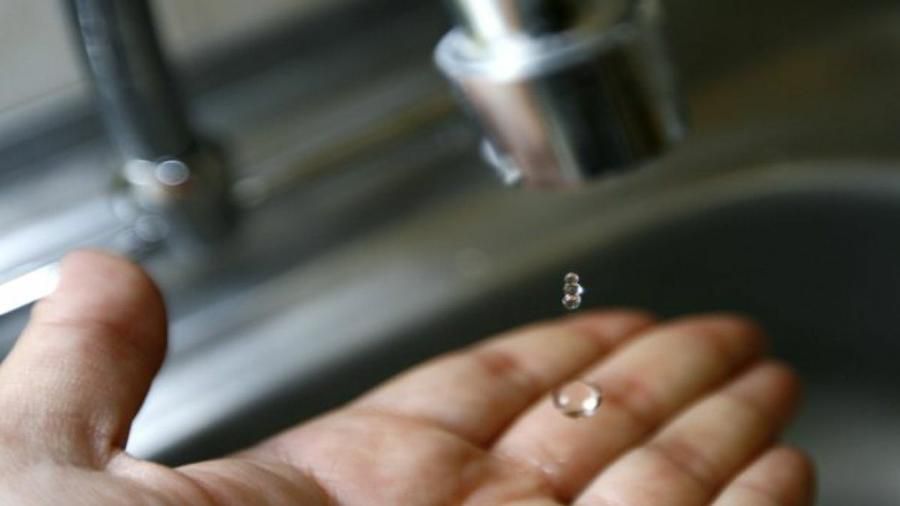During these months of intense heat generated by the El Niño Phenomenon, Medellín and its inhabitants face great challenges: controlling the excessive use of water, avoiding burning and forest fires and looking for alternatives to save energy. This climatic phenomenon, characterized by a Abnormal warming of the waters of the Pacific Ocean has direct consequences on the availability of water in our city and requires greater awareness and responsibility on the part of all citizens in the use and care of the most vital resource: water.
Although Medellín usually enjoys a temperate climate for much of the year, the El Niño Phenomenon is present with high temperatures and a significant decrease in rainfall, putting the supply of water to supply the population at risk. This scenario forces us to reconsider daily practices and adopt preventive measures to preserve this essential resource.
Concern of the authorities
Water scarcity during the hot months is not a problem that frequently occurs in Medellín, but the arrival of this atmospheric phenomenon is beginning to worry the authorities. The demand for water for irrigating crops, domestic consumption and industry has been increasing, exhausting the available water resources, as has been happening since the end of January in the townships of our city.
It is crucial to understand that water is not an infinite resource, and that its misuse can have long-term repercussions on our quality of life and the balance of local ecosystems.
One of the main sources of water for Medellín comes from the Manantiales Plant, which supplies a large part of the population. During periods of drought caused by the El Niño Phenomenon, this reservoir experiences a significant reduction in its level, which directly impacts the amount of water available to the city.
Therefore, it is imperative that water conservation and use practices are adopted consciously. On the one hand, local authorities and civil society must join forces to educate the population about the importance of caring for water and the consequences of its misuse. Educational campaigns, talks in schools and the dissemination of information through different media are fundamental tools to raise awareness among the population and promote a change in attitude.
In addition, practical measures need to be implemented at home and in the community. Small actions like turning off the faucet while brushing your teeth, fixing leaks in household fixtures, and using more water-efficient technologies can make a big difference. Likewise, it is essential to promote the reuse of water in activities such as watering gardens and cleaning outdoor spaces.
In Medellín, caring for water is not only the responsibility of ordinary citizens, but also of the companies and industries that operate in the city. It is essential that sustainable business practices be adopted now, technologies that reduce the water footprint are implemented, and active participation in initiatives that promote the responsible use of water in the city.
The El Niño Phenomenon is a clear reminder of the vulnerability of our city to climate change. Taking care of water during the hot months is not only a necessity, but an unavoidable duty of all the inhabitants of Medellín.
You may also be interested in: No more drugs in parks, is the new decree being applied downtown?
You may also be interested
